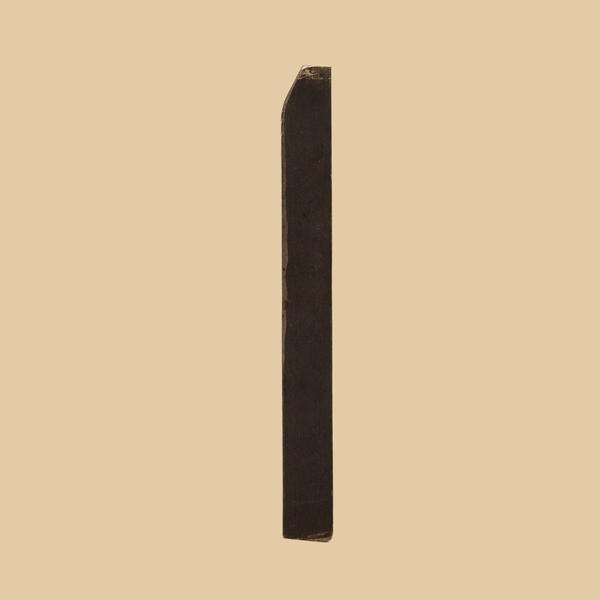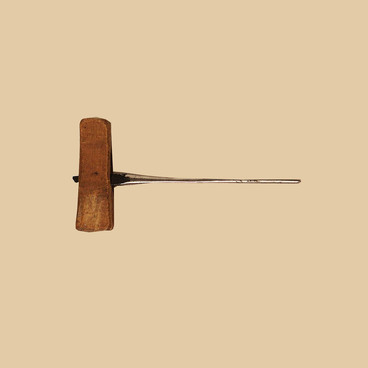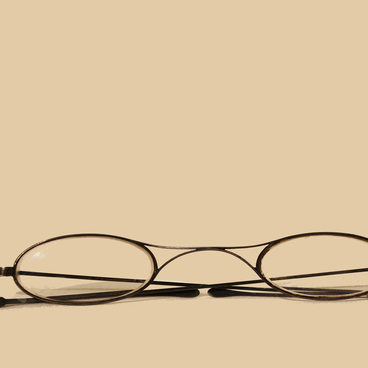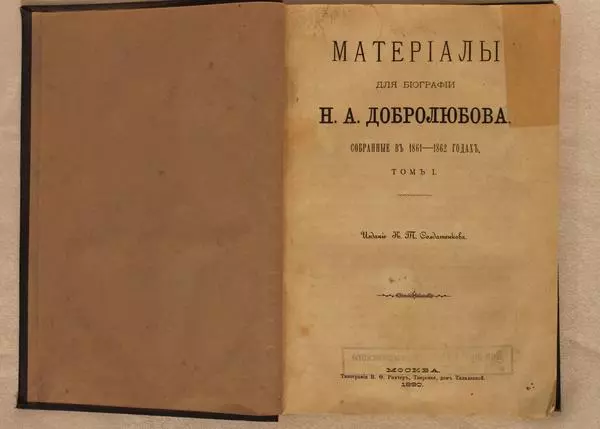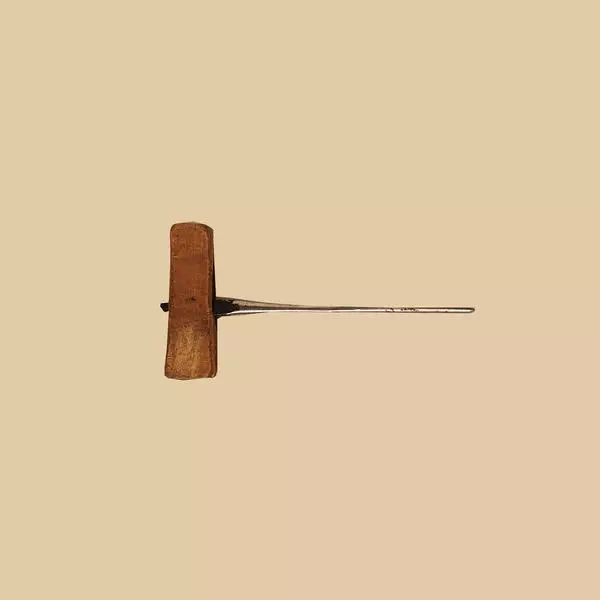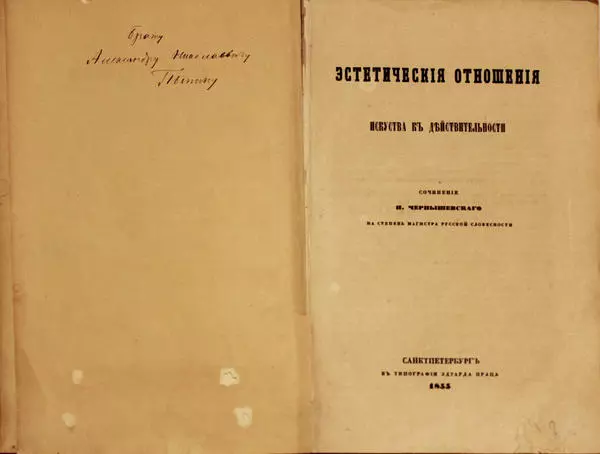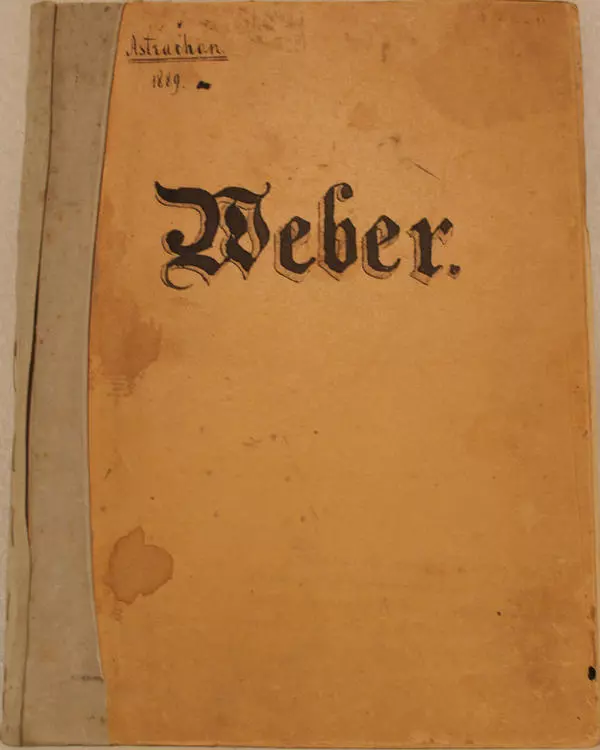In the 19th century, the paper cutter was an indispensable part of everyday life of any reader, even more so, of a man of letters. Books printed at that time consisted of folded packs of paper. To read them, one had to cut the packs into separate sheets with a special knife. Sheets were cut in the course of reading, and a knife used for that purpose often was an item of decorative art.
However, in the Vilyuisk prison where Chernyshevsky was incarcerated from 1871 through 1883, a paper knife, as well as other useful household items, was nowhere to be found. The writer had to make it himself of a commonplace iron bar. Such a paper cutter is of interest as an item that testifies to Chernyshevsky’s occupation in his Yakutia exile. A brilliant mind of his time, an armchair scientist, after seven years of penal servitude was incarcerated for 12 years in Vilyuisk, a town located on a hillock bog that had no more that 36 houses, 5 Yakut nomad tents and a wooden church. The population did not exceed five hundred.
Also, it was beyond belief to find any books there. His cousin Alexander Pypin came to help the keen book-lover. It is exactly from Pypin that Chernyshevsky received packs of books and stacks of magazines. Those were the books by Pypin himself: “Social Movement in Russia of Alexander I”, “Belinsky: His Life and Correspondence”, as well as “The Last Songs” by Nekrasov, “Russian History in the Lives of its Major Personalities” by Kostomarov, works by Dobrolubov, “The Descent of Man” by Darwin, “Capital” by Karl Marx, “the Encyclopedia” by Brockhaus. Among the magazines, there were “Vestnik Evropy” (The Herald of Europe), “Otechestvennye Zapiski” (Homeland Transactions), “Russky Vestnik” (Russian Herald), “Russky Arkhiv” (Russian Archive), “Voenno-Meditsinsky Zhurnal” (Military Medical Journal), “Znaniye” (Knowledge), etc. Of fiction, those were works by Spielhagen, Daudet, Collins, Bret Harte, Boccaccio, Schlosser, Mill.
The List of State Prisoners of the Vilyuisk District under Police Surveillance of 1882 in the line Occupation provided the following information on Nikolay Chernyshevsky: “Has no occupation except reading”.
However, in the Vilyuisk prison where Chernyshevsky was incarcerated from 1871 through 1883, a paper knife, as well as other useful household items, was nowhere to be found. The writer had to make it himself of a commonplace iron bar. Such a paper cutter is of interest as an item that testifies to Chernyshevsky’s occupation in his Yakutia exile. A brilliant mind of his time, an armchair scientist, after seven years of penal servitude was incarcerated for 12 years in Vilyuisk, a town located on a hillock bog that had no more that 36 houses, 5 Yakut nomad tents and a wooden church. The population did not exceed five hundred.
Also, it was beyond belief to find any books there. His cousin Alexander Pypin came to help the keen book-lover. It is exactly from Pypin that Chernyshevsky received packs of books and stacks of magazines. Those were the books by Pypin himself: “Social Movement in Russia of Alexander I”, “Belinsky: His Life and Correspondence”, as well as “The Last Songs” by Nekrasov, “Russian History in the Lives of its Major Personalities” by Kostomarov, works by Dobrolubov, “The Descent of Man” by Darwin, “Capital” by Karl Marx, “the Encyclopedia” by Brockhaus. Among the magazines, there were “Vestnik Evropy” (The Herald of Europe), “Otechestvennye Zapiski” (Homeland Transactions), “Russky Vestnik” (Russian Herald), “Russky Arkhiv” (Russian Archive), “Voenno-Meditsinsky Zhurnal” (Military Medical Journal), “Znaniye” (Knowledge), etc. Of fiction, those were works by Spielhagen, Daudet, Collins, Bret Harte, Boccaccio, Schlosser, Mill.
The List of State Prisoners of the Vilyuisk District under Police Surveillance of 1882 in the line Occupation provided the following information on Nikolay Chernyshevsky: “Has no occupation except reading”.

